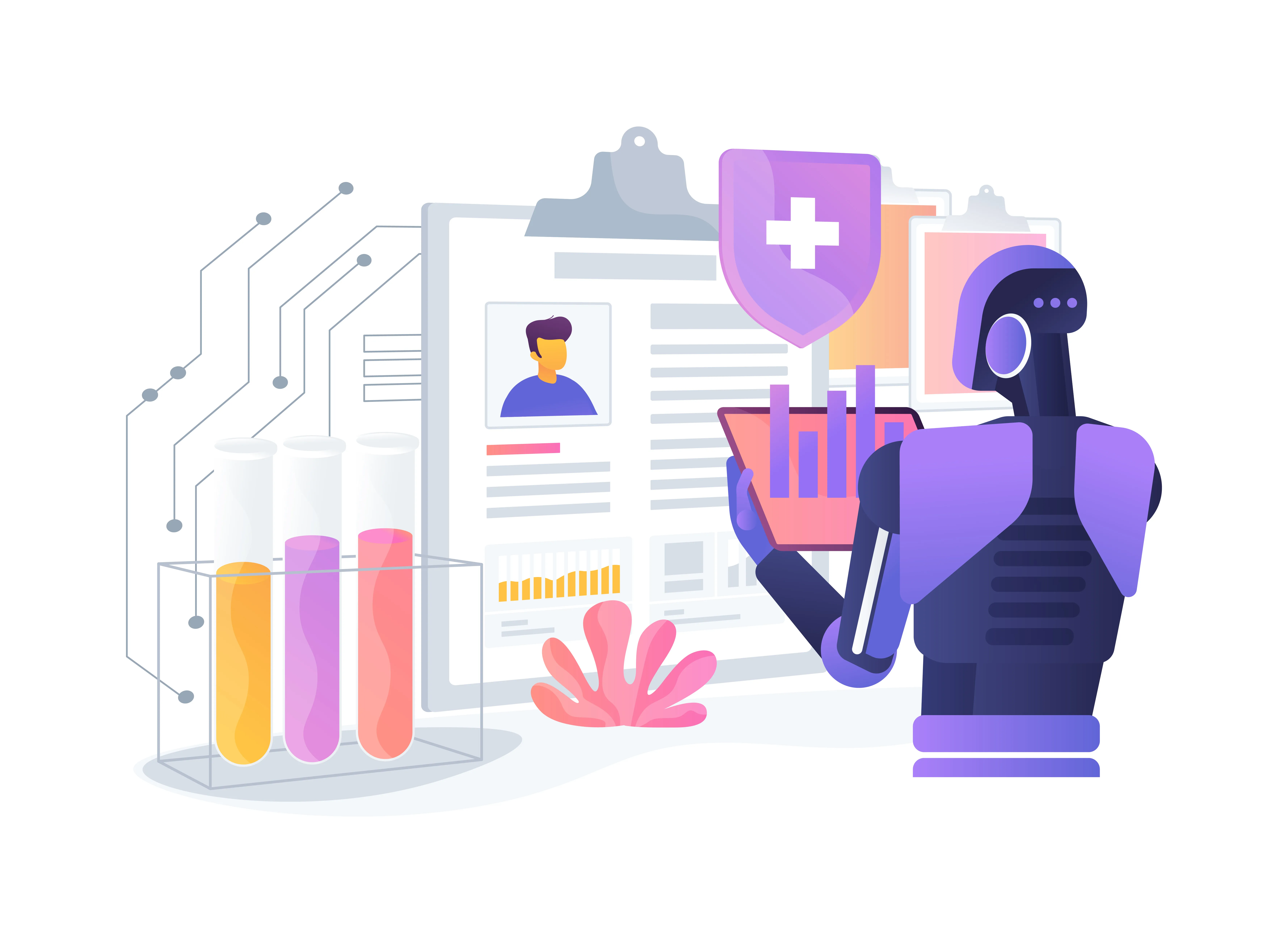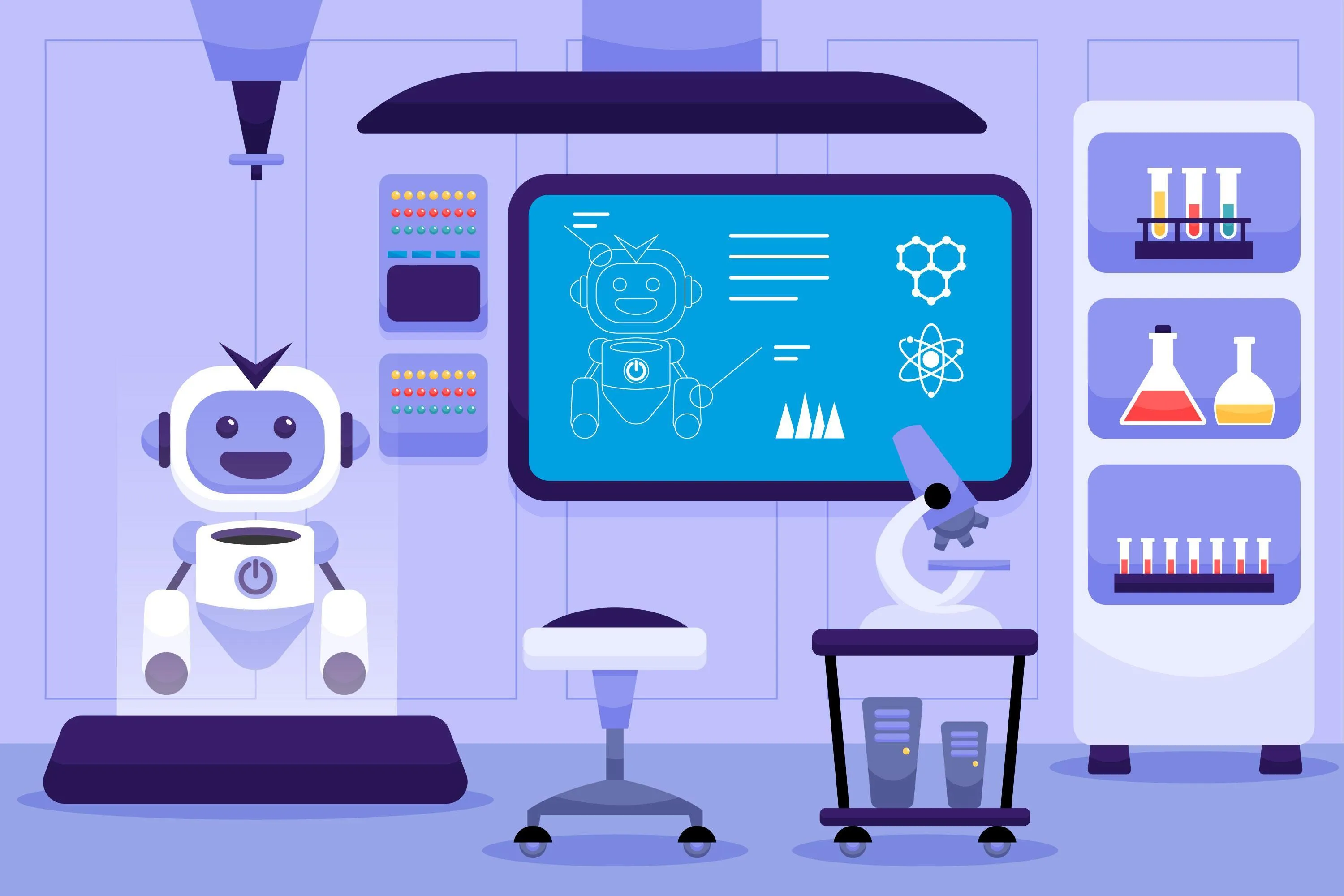The pharmaceutical and biotech industries are undergoing major disruption, powered by advances in artificial intelligence (AI) and machine learning (ML). These technologies are transforming every stage of development from molecular design to predicting patient responses. Yet, despite the clear link between drug discovery science, ML, and strategic business decisions, a significant gap remains between the available tools and the experts using them. Unlocking the full potential of AI and ML will depend on closing this gap and fostering stronger collaboration between technology and domain specialists. AI trends transforming the pharma and biotech sectors in 2024-2025 and beyond.
World BI, a leading international event/conference management company focus on technological innovation in its series of conferences in different industries. AI is linked in every industry, Digital Health, Clinical Trials, Pharma Supply Chain, Packaging and Labelling, Hotel Tech and Brand Protection as well. This blog will discuss the current state of AI in pharmaceutical and Biotech industry.
The Current State of AI Adoption in Pharmaceutical and Biotech: Explore the role AI is playing in the pharma and biotech sectors, observe relevant statistics and identify key players in the market.
Can Artificial Intelligence Truly Revolutionize How Medicines are Discovered and Delivered?
- The evidence suggests it already is. By 2025, AI investment in the pharmaceutical sector is projected to reach $3 billion, underscoring the industry’s growing reliance on intelligent technologies to cut both development time and costs.
- Strategic partnerships in AI-driven drug discovery have also surged rising from just 10 collaborations in 2015 to over 100 by 2021 marking a clear shift toward data-powered innovation across the pharma landscape.
- 75% of AI-driven biotech are already deeply integrating artificial intelligence into their drug discovery pipelines.
AI’s Role in Optimizing Clinical Trials in Bio-pharma
Artificial intelligence is redefining how clinical trials are conducted in the biopharmaceutical industry transforming long-standing inefficiencies into opportunities for innovation, precision, and speed.
But how is this transformation unfolding, and what measurable impact is it having across the sector?
Patient Recruitment

- Identifying and enrolling the right patients has long been one of the greatest challenges in clinical research.
- AI-powered machine learning models now analyze vast volumes of Electronic Health Records (EHRs) and real-world data to accurately match eligible participants to studies.
Trial Design
- Traditional trial design relied heavily on manual assumptions and rigid structures.
- With the integration of AI and real-world data (RWD), researchers can now detect patient subgroups most likely to respond positively to a treatment and refine inclusion criteria to exclude likely non-responders.
Data Analysis
- AI is revolutionizing how trial data is analyzed.
- This dynamic approach enhances decision-making, improves accuracy, and is projected to generate up to $25 billion in cost savings across clinical development through automation, predictive analytics, and operational efficiency.
Register for Clinical Trials Conclave: Clinical Trials Conferences - Events 2026 | World BI
AI Accelerates the Decentralization of Clinical Trials
Transforming clinical research: Decentralized Clinical Trials (DCTs) are reshaping how studies are conducted, removing traditional barriers and expanding access to participants globally.
Enhanced accessibility and inclusivity: Participants no longer need to travel long distances or manage complex logistics to join trials, making research participation more convenient and inclusive.
Regulatory recognition: The FDA acknowledges the benefits of DCTs, citing improvements in patient convenience, recruitment, retention, and overall trial productivity, especially in underserved regions.
AI as a catalyst for change: Artificial intelligence plays a pivotal role in streamlining DCTs by automating processes, enhancing accuracy, and reducing time-consuming manual tasks.
Revolutionizing patient recruitment: Machine learning algorithms analyze vast datasets from Electronic Health Records (EHRs) and Real-World Data (RWD).
- Predictive models identify eligible participants quickly and accurately by evaluating medical history, symptoms, and demographic data.
- Recruitment that once took weeks or months can now be completed in just days.
Addressing a major industry challenge: Up to 25% of clinical trials fail due to insufficient enrollment. AI reduces recruitment times and boosts participant matching efficiency, improving the chances of trial success.
Driving diversity and inclusion: AI-enabled DCTs reach a broader and more diverse pool of participants, ensuring that trials better represent real-world populations.
Delivering measurable outcomes: By combining decentralization with AI, trials become faster, smarter, and more equitable, accelerating the delivery of innovative treatments to patients worldwide.
AI-Based Growth in Pharmaceuticals:
- The AI market in pharma and biotech is experiencing remarkable momentum, marking a new era of digital transformation in drug development, clinical operations, and patient engagement.
- Market growth outlook:
- In 2023, the global AI in pharma market was valued at $1.8 billion.
- By 2034, it is projected to reach $13.1 billion, achieving a compound annual growth rate (CAGR) of 18.8% between 2024 and 2034.
- AI in drug discovery is expected to expand from $1.5 billion in 2023 to nearly $13 billion by 2032, highlighting its growing role in early-stage R&D.
- AI in clinical research is forecasted to surpass $7 billion by the end of the decade, as adoption accelerates in areas such as predictive modeling, patient recruitment, and real-time trial monitoring.
What to Expect in 2026?
Here’s what’s on the horizon:
- Full Integration of AI Across R&D Pipelines
- Rise of Predictive and Generative Models
- Widespread Use of Digital Twins
- AI-Driven Regulatory Submissions
- Smarter Decentralized Clinical Trials (DCTs)
- Ethical and Compliance Maturity
- Investment and Partnerships Surge

Conclusion:
2026 will mark a turning point for AI in life sciences shifting from pilot projects to measurable business impact. The year ahead will showcase how AI can accelerate drug discovery, clinical trials, and redefine global supply chain and logistics of medicines.
For more information Visit: World BI